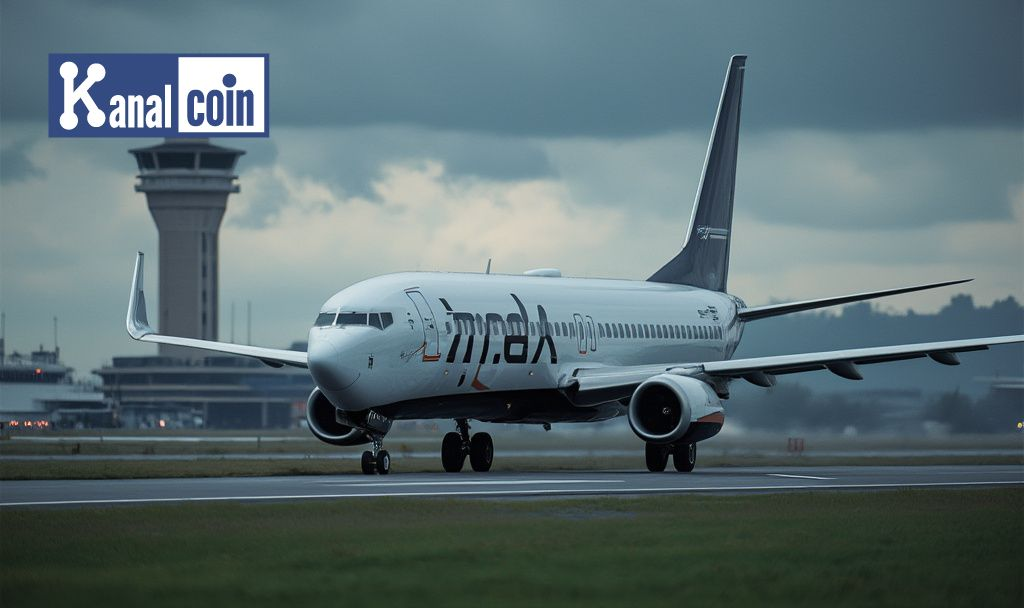
A Boeing 737 jet, previously allocated for China, has returned to the United States amidst escalating trade disputes between the U.S. and China.
The aircraft’s return highlights ongoing trade tensions and the deepening commercial rift between the two nations, affecting cross-border business and supply chains.
Boeing 737 Redirected Due to U.S.-China Tensions
Boeing’s 737 aircraft earmarked for the Chinese market has returned to the U.S. amidst intensified trade conflicts. Initially slated for China, this movement underscores ongoing geopolitical tensions.
Key industry players are impacted with trade sanctions affecting international sales. This redirection signifies a shift in market strategy, influenced by worsening relations between major economic powers, the U.S. and China. Donald Trump noted, “China just reneged on the big Boeing deal, saying that they will ‘not take possession’ of fully committed to aircraft.”
Trade Conflict Alters Aviation Market Dynamics
Prominent voices in both countries express concern. Corporations see international sales obstacles, raising substantial questions. Aviation markets adjust to evolving geopolitical shifts and trade uncertainties.
Insights stress potential financial and commercial implications on global markets. Boeing’s strategic decisions reflect broader market challenges, rooted in trade conflicts and regulatory restrictions. Economic forecasts may adjust as tensions persist. Justin Wolfers shares insights on economic indicators.
Experts Draw Parallels with Past Trade Disputes
Past U.S.-China trade tensions have similarly influenced industries. Historical parallels suggest ongoing geopolitical impacts. Experts note that this incident mirrors earlier trade-related adjustments.
Kanalcoin experts describe the impact of historical tensions on global markets. Data indicates recurring cycles in U.S.-China exchange dynamics. Market analysts foresee continued volatility and adapted strategies. Zane Hinrichs comments on latest economic policy changes.









